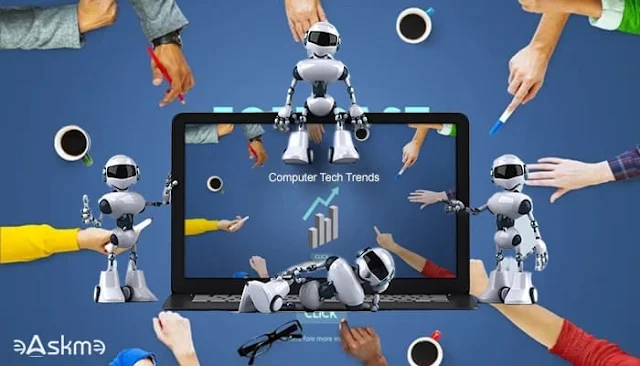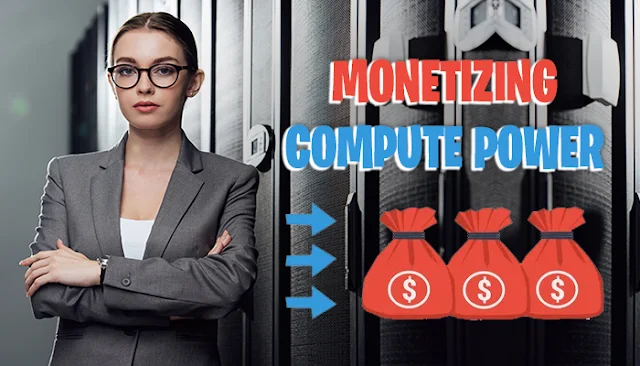Computer technology has been advancing at an unprecedented rate. As it continues to advance – and seeing how vital technology has become in our lives – the million-dollar question is: what new technological advances are we most likely to see in the coming year?
It’s impossible to know for sure what will happen in the future.
Still, most experts agree that some of the most influential trends in the tech world in 2024 will involve AI technology, quantum computing, sustainability, and tech ethics.
 |
| A Glimpse Into the Biggest Tech Computer Trends to Watch: eAskme |
The Power of AI
It is already the norm to study online, shop online, and bank online. Entertainment is increasingly online, from social media sites to streaming TV shows.
You can even play your favorite casino games online – whether your favorite game is online poker, roulette, Diamond King Jackpot, or one of the many other slot games.
These things we take so much for granted all rely on artificial intelligence technology. Artificial Intelligence itself is not such a new technology; what is new is the number of ways in which AI is being applied to day-to-day life.
Companies like Microsoft are already using generative AI to help with content creation in their advertising.
In 2024, we can expect to see significant corporations such as Microsoft, OpenAI, and Google leading the innovations in AI – but more and more companies will develop their own generative AI technologies.
Quantum Computing
Our phones, tablets, and computers all work in the same way by encoding and decoding information in long strings of 0s and 1s - known as bits. Because each of these bits can only exist in one of two states at any time - a 0 or 1 - this means your device can only perform one calculation at a time.
Quantum computers use subatomic particles such as photons and electrons, which can be both 0 and 1 at the same time. This means that these quantum bits (known as qubits) have the potential to perform many calculations simultaneously.
December 2023 saw IBM launch the very first quantum computer with over 1000 qubits. To put the power of the machine into perspective, a regular home computer is equivalent to around 30 qubits.
Although this is not in the same league as the fastest conventional supercomputers, the technology has the potential to be millions of times more powerful.
Even though quantum computers are currently the only research tools in 2024, they have the potential to be game changers in sectors as wide-ranging as medicine, finance, and energy in the future.
Sustainability
People are becoming increasingly aware of how our activities affect our environment. As the population increases and resources become more scarce, it is increasingly important to ensure that our activities and technologies do not damage the environment.
In the year ahead, expect to see the rise of eco-friendly technologies (especially technologies that help to minimize the effects of other technologies – like manufacturing practices – on the environment).
In the year ahead, we can expect to see businesses really put their money where their mouths are and take some great strides toward sustainability, from the recycling of materials to the production of self-repairing gadgets.
Fossil fuels are on the way out, and solar power, with battery technology, is on the way in.
Tech Ethics and Regulation
As our reliance on technology increases, it will become increasingly important to ensure that it’s always used responsibly and ethically.
New technologies must always be used ethically so that people’s privacy is not threatened and data cannot be leaked to unauthorized parties.
2021 saw the European Commission proposing the world’s first regulatory framework that applies to AI. The move was part of the EU’s digital strategy and demonstrates its concern with regulating the use of AI to benefit society.
Conclusion:
As artificial intelligence becomes almost human-like in its capabilities, it’s important to remember that humans create all technology.
Humans should be held every bit as accountable for using AI responsibly as they are for anything else they do.
Share it with your friends and family.
Don't forget to join the eAskme newsletter to stay tuned with us.
You May Also Like These;














